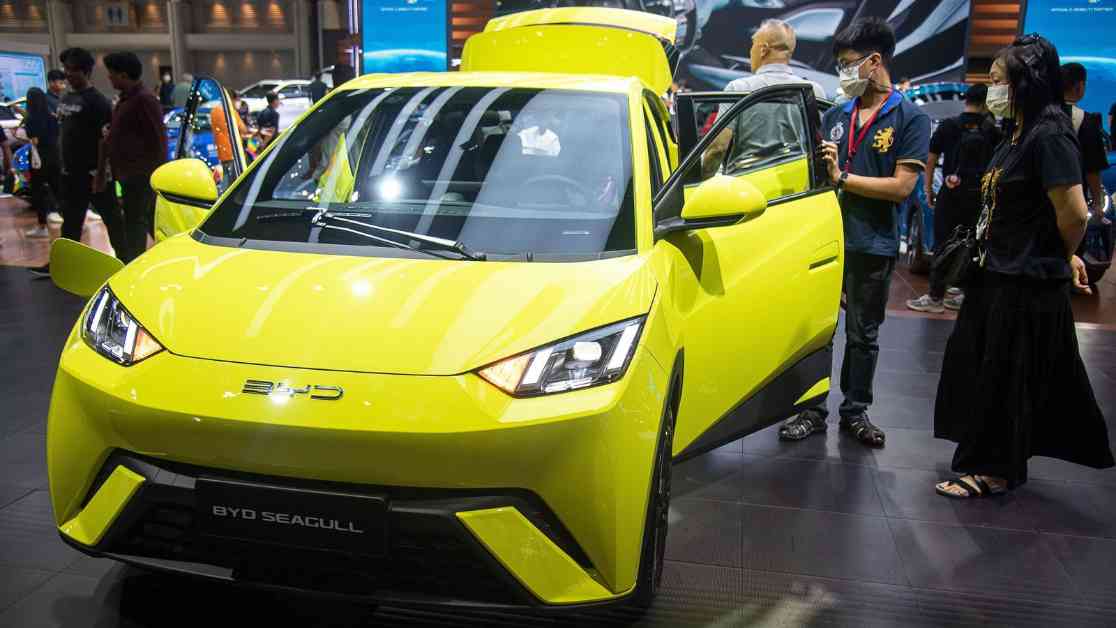Europe’s Electric Vehicle Future: Challenges and China’s Advancement
Across Europe, car companies are facing significant challenges, leading to layoffs and factory closures that threaten the very foundation of the industry. But what exactly has gone wrong with Europe and America’s car sector? While some may blame Brexit, electric vehicle deadlines, or government regulations, the truth is far more profound and global in nature. As the world transitions from traditional petrol and diesel vehicles to electric cars, a seismic shift is underway in the global automotive industry.
China, once a minor player in the car trade, has suddenly emerged as the world’s largest car exporter, surpassing established car-making nations like Japan, Germany, and South Korea. This growth is not a recent phenomenon but the result of years of strategic planning and investment in electric car manufacturing.
China’s Dominance in Electric Cars
The heart of this shift lies in the fundamental difference between traditional petrol cars and electric vehicles. In conventional vehicles, the engine is the most critical and expensive component, requiring intricate mechanical engineering skills. However, in electric cars, the battery takes center stage, relying on chemical engineering expertise. This shift poses a significant challenge for European carmakers, whose decades of experience in engine production are not directly transferable to battery manufacturing.
China’s Investment in Batteries
China’s success in electric car production can be attributed to generous government subsidies, a robust supply chain, and strategic investments in battery technology. By focusing on battery production, China has been able to produce cars more cost-effectively than Western competitors, leading to a surge in exports and global dominance.
The Impact on Global Trade
The implications of China’s advancement in electric vehicles are far-reaching. Many countries, including the US, Canada, and India, have imposed steep tariffs on Chinese EV imports to protect their domestic industries. However, the UK stands out as an exception, offering an attractive market for Chinese car manufacturers. This disparity in trade policies raises concerns about the future of the UK’s car industry and its ability to compete on a global scale.
In a rapidly evolving industry, the transition to electric vehicles is reshaping the automotive landscape. The coming years are poised to be challenging as countries grapple with the economic, environmental, and strategic implications of this shift. As the 2035 deadline for electric vehicles approaches, consumers and carmakers alike must navigate a market increasingly dominated by China.
In this changing landscape, the ability to adapt and innovate will be crucial for the survival and success of the European and American car industries. The road ahead may be challenging, but with strategic investments and bold decisions, there is still hope for a sustainable future in the electric vehicle era.




